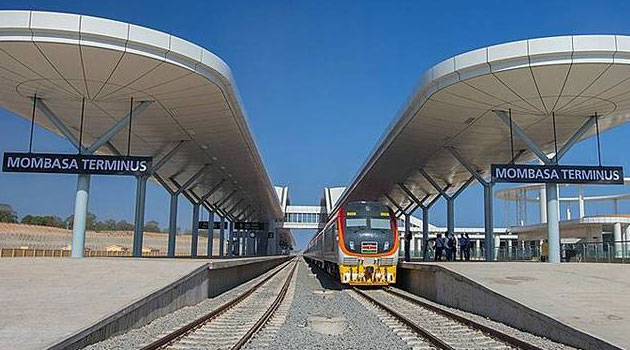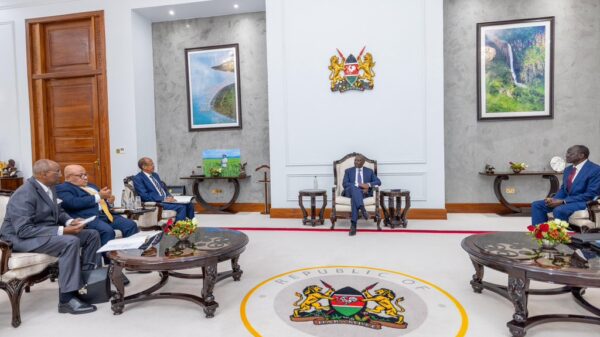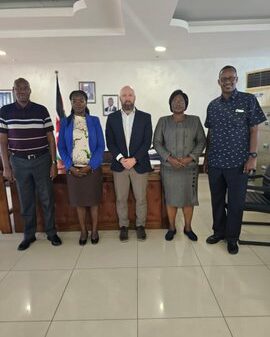BOMET, September 28 – Farmers of the fertile fields in Bomet region are to enjoy the benefits of a new World Food Programme plan to buy surplus maize directly from local farmers.
Under the UN agency’s Purchase for Progress (P4P) scheme, local farmers will be offered market prices for their produce. Previously, the WFP bought food from big suppliers.
Often cash-strapped and without proper storage facilities, local farmers have in the past been forced to sell their produce at knockdown prices to middle-men, whose fixed prices do not even cover the production costs.
"This groundbreaking initiative aims to give these farmers access to reliable markets and better prices and to promote food security throughout Africa," the agency said in a statement.
"Our main purpose is to empower small farmers’ groups. We want to give them fair market prices so that they can get an increase in their incomes," said Arben Caslli, the head of procurement for WFP Kenya.
The project, carried out in partnership with the Bill and Melinda Gates Foundation, will run for an initial five-year period in 21 African countries.
It is designed to "significantly increase the income of around 350,000 smallholder farmers," the statement added.
In Kenya, the WFP launched the programme among small holder farmers in the country’s bread basket region of the Rift Valley.
"Sometimes farmers sell at the gate of the farm at a low prices," said Aaron Sigei, the chairman of Bomet Community Empowered Farmers in a town some 250 kilometres (155 miles) west of the capital Nairobi. They do because they urgently need the money to buy household essentials, he explained.
But their relatively small output is too low for the country’s Cereal Board: it buys bulk quantities from those producers able to incur the related transport costs, explained WFP spokeswoman Gabrielle Menezes.
"WFP is sending them into groups. We’re starting to make them pool their surplus together," she said.
Farmer Juliana Maritim’s 10-acre (four-hectare) field produces 20 90-kilogramme bags of maize due to low quality seeds and inadequate fertiliser, whose prices shot up after the Kenya’s post-election violence that convulsed the economy early this year.
"We expect her in three, four, five harvests to get 40 bags (per acre)," Caslli said.
"We expect them to invest their increased incomes in better seeds, in the right quantity of fertiliser, better storage so they can increase their production," he added.
Menezes said the plan would not distort the local market as the agency would be buying only 10 percent of its food requirement directly from the farmers and this year’s main harvesting season has already passed.
"As the WFP is coming it seems that life is going to be changed," said Sigei. "We are going to sell at a better price."
"Ultimately, the intention is to not only support farmers through the market offered by WFP, but also to connect them to other local and regional food markets," the agecy said.


































